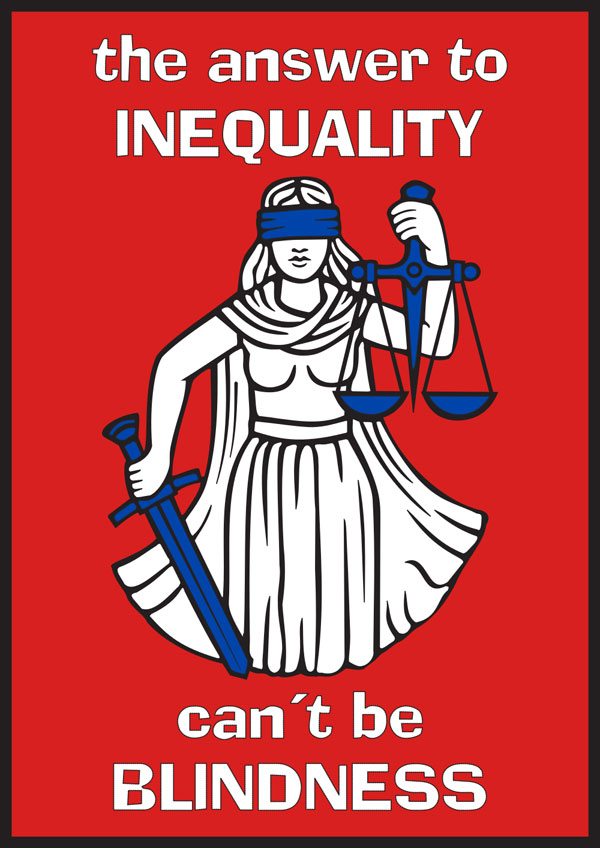
November 15, 2017; Nature
A recent article in Nature reveals the results of the largest study on inequality in human history, which found that while degrees of inequality have been high in historical societies, they have never been as high as they are now, and the US currently has one of the highest in history—a world where now the richest one percent hoard half of the world’s wealth.
Inequality is measured using the Gini coefficient, which runs from perfectly egalitarian societies at 0 to high inequality societies at 1. The team of scientists examined levels of inequality, when and how inequality emerged, the factors leading to inequality, and the factors that shifted it. It found that “civilization tends to move toward inequality as some people gain the means to make others relatively poor—and employ it.”
According to the 2016 Allianz Global Wealth Report, “which puts the asset and debt situation of private households in more than 50 countries under the microscope,” the United States’ Gini score is about .81.
“Societies with high inequality have low social mobility.” According to Tim Kohler, the study’s lead author, a paper published in Science earlier this year found that the rate of mobility in the US fell from 90 percent for children born in 1940, to 50 percent for those born in the 1980s.
The researchers used house size as a proxy for wealth and examined data from 63 archaeological digs to analyze societies from prehistoric times to modern day. They found that societies start off relatively equal, with a Gini coefficient of .17. Signs of inequality appear when humans start to domesticate plants and animals. The transition to farming-based societies introduced the concept of land ownership, and the resulting class of landless peasants. Land ownership facilitated the accumulation of wealth, as humans began to pass it down from generation to generation. As farming societies grew, from small scale horticultural famers to large scale agricultural societies, the median Gini grew from .27 to .35. The highest ever historical Gini score was in the ancient Old World (like Rome) at .59.
Sign up for our free newsletters
Subscribe to NPQ's newsletters to have our top stories delivered directly to your inbox.
By signing up, you agree to our privacy policy and terms of use, and to receive messages from NPQ and our partners.
Needless to say, inequality is not good for society. The authors note,
Among the many known effects of inequality on a society are social unrest, a decrease in health, increased violence, and decreased solidarity. Unfortunately, Kohler points out, humans have never been especially good at decreasing inequality peacefully—historically, the only effective methods for doing so are plague, massive warfare, or revolution.
They conclude that, giving the high degree of inequality, US is ripe for social change. However, decreasing inequality peacefully is extremely difficult to do.
This is a sobering frame to the Trump administration’s policies—most clearly the tax policy proposals under currently under consideration, which would not only serve to further increase the ability to hoard and pass down wealth, but simultaneously impoverishes the majority by decreasing access to economic mobility. The majority is aware that this is happening to us. A recent Facebook post from a page entitled “The Other 98%” read, “Student loan interest won’t be deductible under the new tax bill. But private school tuition will be. Share if you think this is unfair.”
This is something for nonprofits and social movements to consider. How do we orient our organizations and work given this forecast?—Cyndi Suarez











